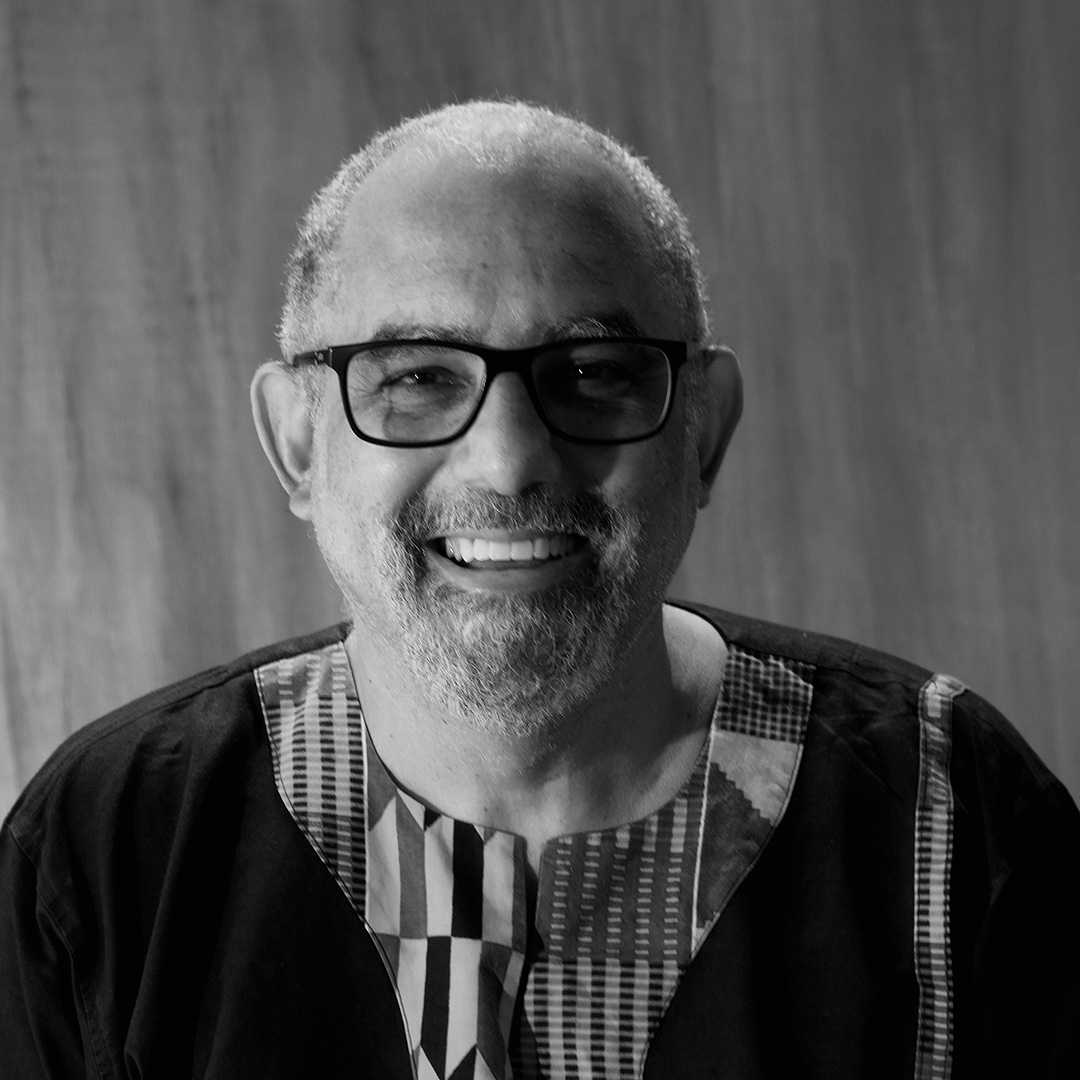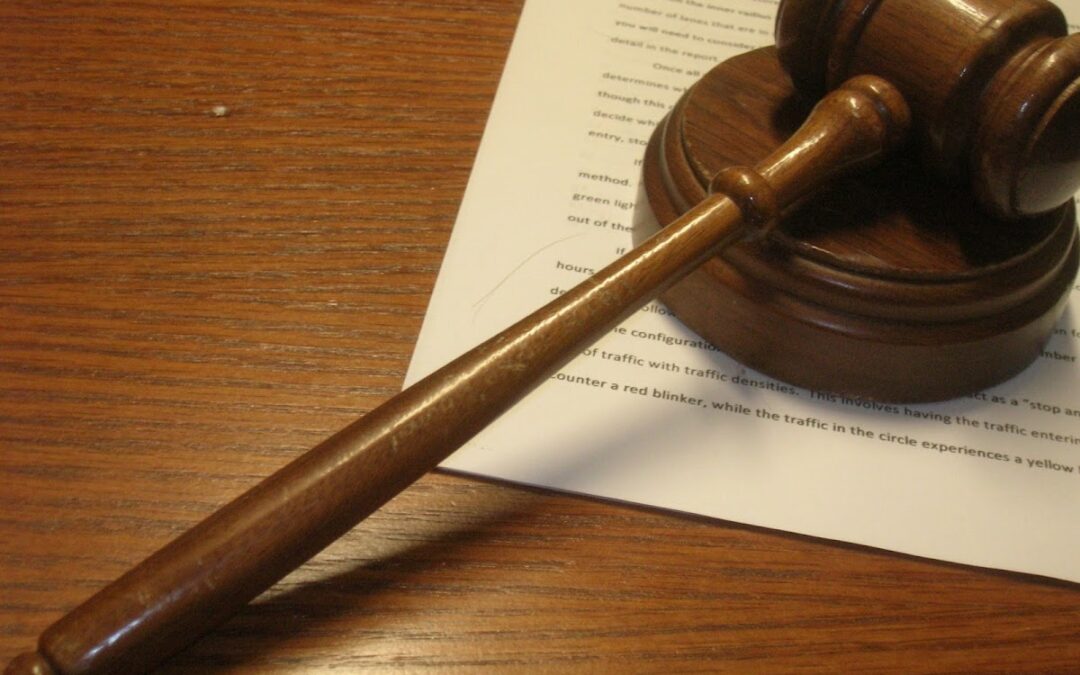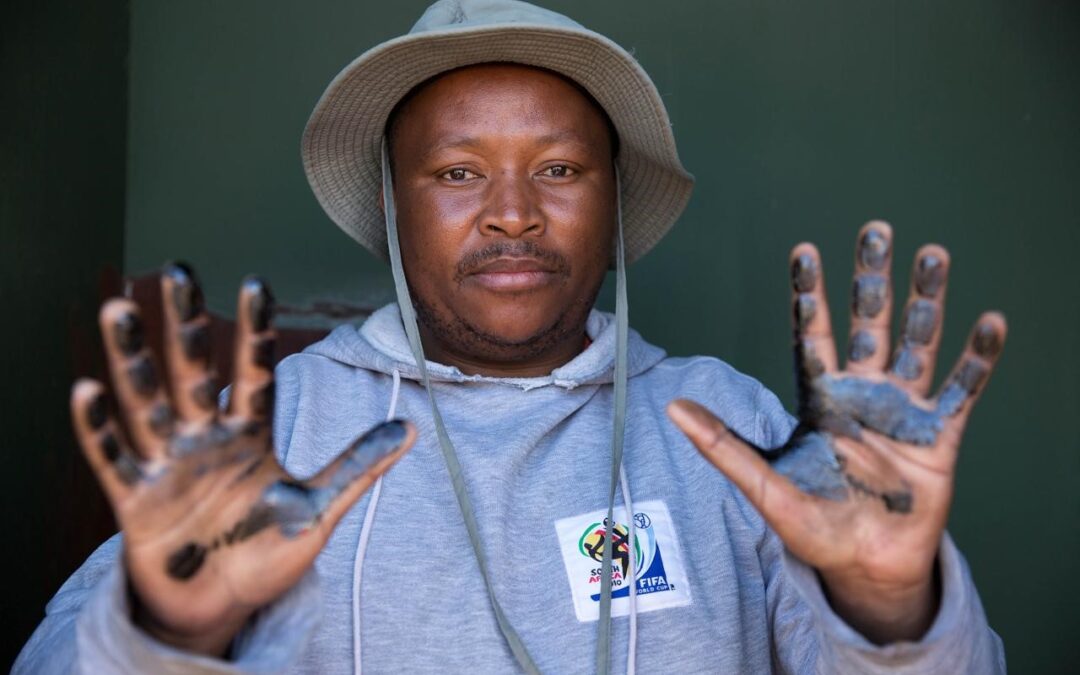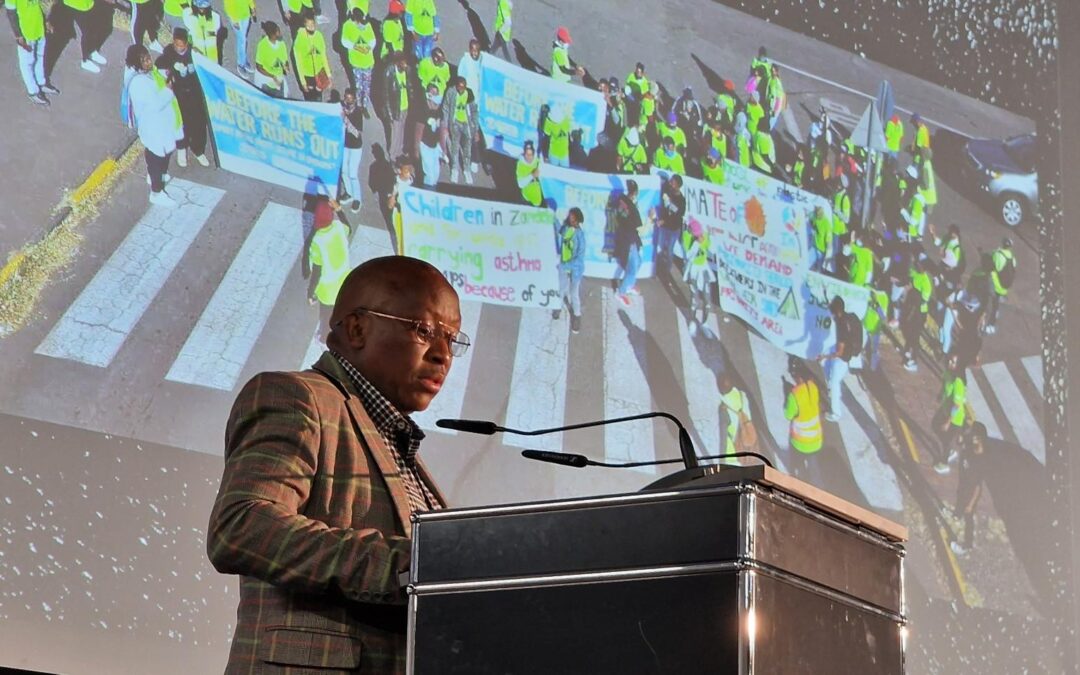
Today we celebrate Africa Day. A day where Africa’s strength and connection to the world is considered. But the world in which Africa operates is not just. At a time where we need to consider the past inhumanity of colonialism and neo-colonialism, and forge a united future where we can all live in solidarity and equity with each other the opposite is in motion. These are some of groundWork’s reflections about how things change and yet stay the same.
This past weekend, Durban my hometown on the east coast of South Africa was besieged by flooding for the second time in two months. The April 2022 floods resulted in the deaths of 443 people and even today, 22nd May, more than fifty people are missing. Families have given up hope of finding their loved ones.
The floods touched us not only as activists, but also in our personal lives as many of us experienced what our fellow Africans experience now close to an annual reality of flooding and lost loved ones. Friends in Mozambique, Madagascar, Zimbabwe, Malawi and the other parts of this planet called home, we now understand your pain and suffering.
To begin reflection on African Day within the context of solidarity and climate justice, let us reflect on recent global events, especially those emerging out of Europe that undermines any promises of solidarity and any hope of a just transition.
The brutality and overtness of colonialism and neo-colonialism has been replaced by sophistication and stealth, as was demonstrated by the US and Germany at the recent Kathmandu climate finance obligations discussions, hidden away from the mainstream media and excluding a strong civil society presence. The US and Germany questioned the decades long agreement on how climate finance should be considered, questioning in a sophisticated manner the very simple reality of developed and developing countries. From the outset, the most prominent finance fight in the world – climate finance and reparations – was watered down. As reported by the Third World Network, the fight “was over country classifications based on the fundamental bifurcation of development levels viz. ‘developing countries’ and ’developed countries’”. Essentially this move “pushed to undermine their climate finance obligations to the developing countries, which is firmly embedded in the UN Framework Convention on Climate Change (UNFCCC) and its Paris Agreement (PA).” All this was done far from the prying eyes of the public.
The crisis in Ukraine – ever present in our news – is enabling Europeans to spin a narrative that places Africa and the world in danger, by continuing to push for increasing extraction of fossil fuel. The renewable energy power plan (REPowerEU) says: “We want to build long-term partnerships that are mutually beneficial – boosting renewable energy and increasing energy efficiency around the globe and cooperating on green technology and innovation.” This sounds noble and it might even have a hint of global solidarity in it. But the leaked EU Energy Strategy – now called ‘EU external energy engagement in a changing world’, clearly articulates intentions to secure more oil and gas, rather than shift to renewable energy as soon as possible. It says: “the REPower EU Plan aims to reduce Europe’s dependence on Russian gas” and “before this summer, the EU aims to conclude a trilateral agreement with Egypt and Israel on supplying Europe with LNG”. Further, it focuses on countries in sub-Saharan Africa, and in particular in Western Africa, such as Nigeria, Senegal, and Angola, which offer untapped LNG potential. Clearly, the EU is speaking with a forked tongue. What the EU should be doing now, is cutting their addiction to fossil fuel.
Recently, taking this a push for fossil fuels further, Germany, Italy and Japan have been in the news, on the back of the Russian invasion. They are seeking to increase coal imports and to recommission decommissioned coal fired power stations. And at the same time, they expect the Global South to stop digging and burning coal. As Southern activist, we demand that our Northern counterparts challenge this with deep passion and urgency.
On the issue of refugees, the adoption of a bilateral agreement to relocate asylum seekers in the UK to Rwanda, “where their cases will be processed. If they are granted asylum, they will be encouraged to remain in Rwanda for at least five years.” While the UK has exited the EU, the EU is not unfamiliar with this approach. The Conversation reported that it is “part of a wider strategy deployed by the powerful governments of richer nations, from Australia to the EU, to discourage unwanted arrivals by creating conditions that are hostile or inhumane.”
The ongoing undemocratic practices within Africa must also be questions. A call for solidarity was made from Australians who are campaigning for freedom and democracy in Western Sahara, to push back against the West African Oil and Gas pipeline that will cut through Western Sahara on its way to Morocco, and then continue to Europe. This is across land that is occupied by Morocco and where Morocco seeks falsely to establish a presence.
Finally, the Swedish government, has on the back of the Ukrainian crisis, cut development aid and the support to those fighting for a just and dignity.
In the context of the issues raised, there is a critical need for all people in Europe to lead in solidarity and to question the actions in Europe (including the UK), and the powerful Global North, and to continue supporting those of us who are struggling in the Global South. It is critical that progressive civil society in the Global North looks beyond the aid paradigm, and wrestles with a politic that encourages and supports global humanity.
We also need to understand the conflict moving forward and realise that its purpose is to expand military power, military budgets and the arms industry, and then question who or what the threat is. Sweden is cutting budgets under the guise of support for Ukraine, saying that Ukraine is more important than the deep global crisis we have in terms of refugees and ‘undemocracy’. As the Swedish United Nations Association has articulated: “The reception of Ukrainian refugees unavoidably will have an effect on the state budget. However, it should not be to the detriment of the world’s poorest people.” People made poor because of the extractive ‘development’ forced upon them by Europe, neo-colonialism, and large financial institutions such as the World Bank. What also affects state budgets is the increase in state military spending and its links to arms corporations. Sweden has sufficient resources not to have to cut budgets, and would have further resources by not squandering money on militarism. Under these circumstances, we have to ask: “Who is The Threat that is mobilising the expanded spend on militarism?
These are the thoughts we have on this Africa Day. We are willing to engage with Europeans to develop a strong solidarity position that must take action on Ukraine, but which is not limited to Ukraine. Let us remember there are global challenges also in Syria, Sri Lanka, and the Western Sahara, to mention a few.
As Sweden hosts fifty years on from the first global summit on environment and development that was held in Stockholm in 1972, gains by the feminist and people’s movements on the rights of women, the environment and peace, are all being challenged by conservatives and by war mongers and this is leading to food shortages across the globe and other injustices.
A positive future requires that we all remain true to agree on common values and principles. Europe cannot now go back on energy commitments. We will fight side-by-side and support people in their struggles for change on the ground – and be prepared to go to prison for this – and we will also seek to engage as part of the system of governance that support an equitable society.
A Luta Continua
Bobby Peek
Bobby Peek is Director at groundWork, Friends of the Earth South Africa and a Commissioner in the Presidential Climate Commission



